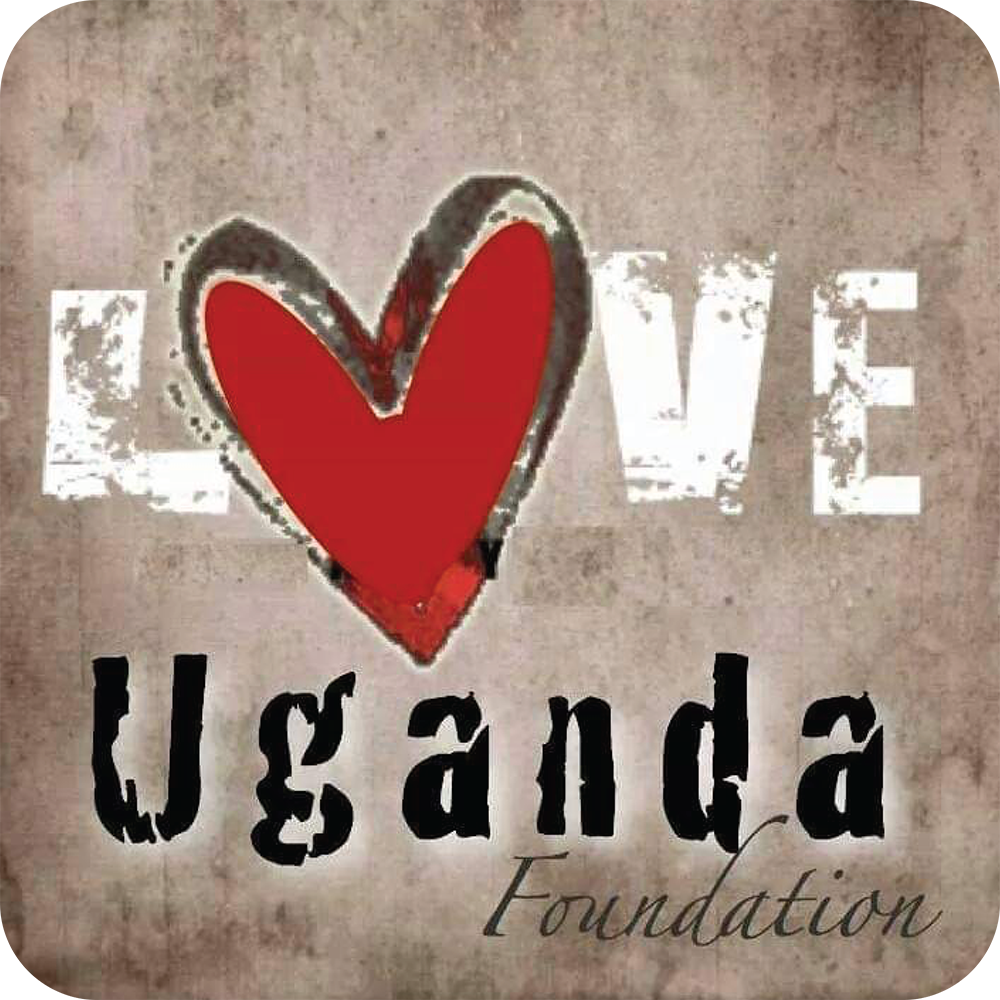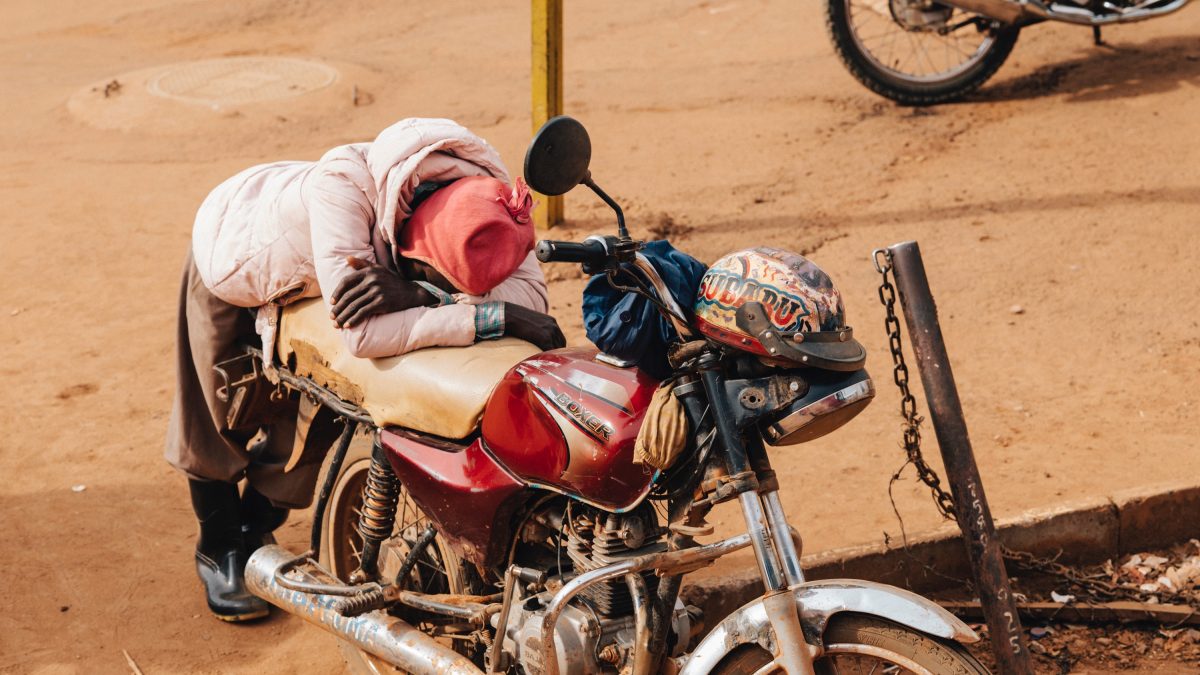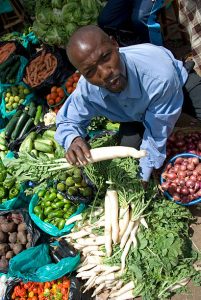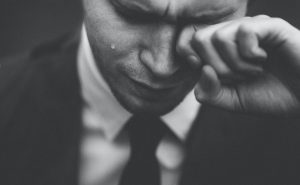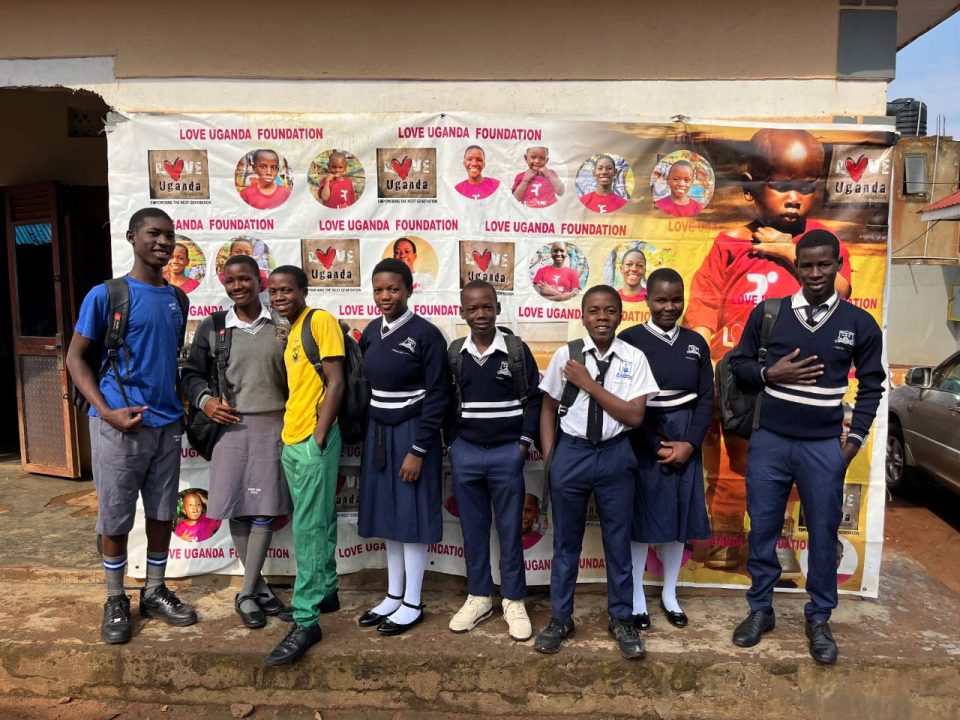The Empowered man in Uganda

GUILLERMO LOPEZ- VOLUNTEER EXPERIENCE WITH LOVE UGANDA FOUNDATION
September 1, 2022
CHARITY THAT HELPS SINGLE MOTHERS IN UGANDA
August 3, 2023Men empowerment-Problems faced by men- Solutions to men’s challenges – How to empower a man- male empowerment programs
The majority of organizations place more emphasis on empowering girls and women than boys and men, however, it is important to take into account the empowerment of all sexes. Love Uganda Foundation is revealing today how boys and men are routinely disregarded, compromising their ability to achieve their full potential. The difficulties men experience, such as PTSD, domestic abuse, managing stress, anxiety, and depression, problems relating to sex and intimacy, and how to increase their empowerment, are highlighted here.
Overview
For the past decades, there have been tremendous women’s movements in Uganda and other parts of the world advocating for gender equality. This agenda has been driven by governments from different corners of the world, and non-governmental organizations both local and international. Great achievements have been seen in the lives of women, however, the debate is now on whether gender equality means empowering the woman alone. For what does it profit an empowered woman to marry a non-empowered husband?
When it comes to gender equality and equity, both men and women should be brought on the same page regarding empowerment. It is therefore not the girl child alone but also the boy child. It therefore should remain a point to ponder / emphasis in every stakeholder that while girls and women need to be empowered, boys and men should not be left behind at any point in time.
What does men’s empowerment mean?
Men empowerment is something more than enabling the male gender to achieve economic growth and development over a certain period of time. It is rather a combination of efforts directed towards ensuring that the male gender achieves independence (economic, social, emotional, and psychological) as well as striking a balance between their treatment and that of the female gender in a given society.
Masculine empowerment should aim at enabling development and establishing tangible benefits in the lives of men. Achieving success when it comes to men’s empowerment is a gradual and dynamic process that requires not just an individual effort but rather a collective one. It requires for instance establishment of Men networking and Men’s empowerment groups within the communities both urban and rural. In brief men’s empowerment is concerned with self-awareness, self-esteem, integrity, and the ability to uplift others.
What are the common challenges facing men in Uganda?
-
Domestic violence:
Domestic Violence is something that does not put age, gender, sexual orientation, color, etc. into consideration. It affects men the same way it does women. Several domestic violence cases have been reported in Uganda. Men and boys have been abused in one way or another other and the numbers have been increasing over the past decades. Domestic violence takes on many forms ranging from physical, verbal, economic, emotional, and psychological.
Are you a man and you feel you have been violated in one way or the other? Maybe your partner, girlfriend, etc. calling you names, does not render you individual privacy. Do not be ashamed of reporting simply because you are a man. Do not either respond by abusing them, find the relevant measures that can help you overcome or move towards positive change. All you should know is that you are not alone and you are not suffering domestic violence because of being a man.
-
Anger management issues
The other life-threatening issue in the lives of men is the ability to deal with their anger. Some men in Uganda believe that being energetic means not being provoked by others. If you visit all detention facilities and prisons in Uganda at least 1 of 1000 inmates is a victim of failure to manage their anger. Maybe the wife yelled at him and he decided to beat her or he killed the baby for over crying.
Many programs offered by Love Uganda Foundation involve a wholesome package of anger management tools. These techniques and exercises are designed to help a person gain control of excessive anger or rage. If men are to be fully empowered, they need to realize that there is more to do than throwing things when they get angry or punching through the walls when they feel rage. Because men have been socialized to be more comfortable with expressing anger than with expressing other emotions, they are at risk of transforming all negative feelings into anger. This isn’t the way it needs to be.
-
Managing stress, Anxiety, and depression
Men in Uganda are perceived to be the sole or primary breadwinners of their families. Even when they cannot afford it, it is difficult for society to believe that they have tried but all in vain. This increases the chances of men’s vulnerability to stress. The stress of finances, employment, education, and relationships can weigh heavily and have an adverse effect on men’s physical, emotional, and psychological well-being. If men are to fully be empowered in Uganda, they ought to remove their armor and at some point lay their guard down. They need to do what they can do and leave what can’t be done. Taking care of one’s mental health is a fundamental factor that should be embraced by every individual including women.
-
Family dynamics
Men leave in societies that are ever-changing and the changes are always not in their favor. In Uganda, there is a lot of dependencies whereby men become caretakers of their families as soon as their parents die. They become dependable on their own siblings, mothers, and relatives. Such dynamic situations result in stress-related problems that put Ugandan men at a disadvantage. They struggle to prove to the world that they are real men and at some point, they end up going beyond their elastic limit thus breaking.
-
Mid-life crisis challenges
In Uganda, usually men are expected to have gained their full economic and marital potential by the age of thirty. A real man is always expected to have gotten married, have land, daily income, to mention but a few. However, due to the realities of life, some men end up even reaching forty years without having half of all these societal demands. This lowers their self-worth and self-esteem. They start living as though they are half a man. To deal with this, men need to realize that there is no point to prove in life than living to one’s potential. They need to accept that they should not be trapped in the demands of society at the expense of their mental well-being.
-
Sex and intimacy-related problems
The other problem affecting men in Uganda is the issue of intimacy. Men struggle with getting the right partners at the right stage in life. On the other hand, some men marry at a tender age and struggle with coping with the demands that come with marriage. It is a common culture in Uganda for most women to rely on one man. Some cultures believe that women are meant to depend on men. Much as there has been tremendous change in attitude in line with this notion, some cultures still uphold the idea. For every loving, healthy, and caring relationship, Sex and intimacy are very important tools. But sometimes, men’s body image, inhibitions, past trauma, or physical abilities hinder them from expressing these feelings and desires in the way they would like to do so. They eventually get stuck in unfulfilling patterns, frozen in fear, anxious about how to talk about it or create a satisfying intimate life. They end up living in solitude and some of them become loners for the rest of their lives.
-
Alcoholism, Drug addiction, and substance abuse
At least 3 out of 4 men in every community in Uganda drink alcohol. The worst part of it is that majority do not drink it for leisure but rather as a stress killer. After all problems have been put on their heads, they seek refuge in the bottle of alcohol. This is why many men are exposed to problems related to alcohol such as being victims of domestic violence, diseases that are related to alcoholism, and school dropouts on the side of boys, to mention but a few. Men have resorted to smoking weed, marijuana, opium, etc. If you are a man struggling with alcohol-related problems, Love Uganda Foundation is here for you. We have a team of experts in counseling that can walk you through the journey from addiction.
-
Post-Traumatic Stress Disorder (PTSD)
On several occasions, we have seen men in Uganda and other parts of the world become victims of post-traumatic stress disorder. This is due to their previous experiences while they were growing up. Maybe he saw his dad beat his mum while he was still young or the reverse was true. Such scenarios get stuck into their minds and they affect the way they form attitudes and perceptions toward some things in life. We have heard several testimonies of men who believe that every woman deserves to be beaten in order to become disciplined. Such experiences are not only bad for men but also for their friends and families as well as their communities.
The other problem is that societies label men as “strong, enough, resilient, those that never give up, to mention but a few.” Yet in an actual sense, they are normal human beings who are subject to exact opposites of those descriptions. It, therefore, becomes hard for a man to give up for instance when dealing with stressors. They end up dying in their own shells than coming out to receive assistance. If men are to be fully empowered in Uganda, they ought to change their attitudes and realize that some things can’t be dealt with alone. And sharing a problem does not mean you are weak but rather a landmark of strength.
Break the traditional norms that put men at a disadvantage
Uganda being an African country dominated by multiple tribes that have unique cultural traditions makes it difficult to balance gender empowerment. It is true that men in are traditionally described and judged based on their physical setting. Societies believe that nothing can fail a man. The notion that men have the ability and power to do everything remains a key barrier in the men’s empowerment journey. Some cultures actually believe that man was made to make everything possible even if a woman has failed the same thing.
Men in Uganda are critically judged and assessed based on the dominant ideals of manhood, which generally means being tough, strong, resilient, exercising control over women and others, and being economically independent. This is easily reflected in the day-to-day expression of “be a man” which is used to illustrate that for a man everything is possible yet in actual sense, men, like the opposite gender, fail on some things.
Such beliefs have resulted in men not living the lives they wish to live but those that their respective societies desire to see in them.
It is therefore important for us to understand that the same way women have been empowered in the past years is the same way men deserve to be empowered. It should be a win-win situation rather than finding that men and women are on different sides of the coin.
This is every individual’s responsibility to ensure that there is a balance in the treatment of both girls/women and boys/men. The first step in the journey of empowerment begins with a mindset change. If we could change the mindsets of 100 out of 1000 men in every male empowerment program, it would be an easy walk for the rest of the generations to combat gender-related issues in their respective societies.
Frequently Asked Questions (FAQs) about Men Empowerment
-
Do sports in Uganda help in men’s empowerment?
Sports are a key to empowerment since it provides a platform for men and women to come together and tackle gender-related issues. It additionally gives them financial freedom since sports is a huge source of income.
-
How to empower men in Ugandaa
- Encourage sports
- Support their financial projects
- Bring women on board
- Embark on mindset change programs
- Equip them with life skills
- Educate the boy child
-
How have men prevented women’s empowerment?
Empowerment is not all about being a man or a woman but rather embracing that all human beings are equal and deserve equal opportunities in life.
-
Should men participate in women empowerment programs?
Unless men and women participate positively in the empowerment processes, it will always be a failed effort to realize empowerment on one side. Both genders/sexes are key participants.
Leave no one behind, let’s empower women by empowering men. An empowered man is an empowered woman and nation.
